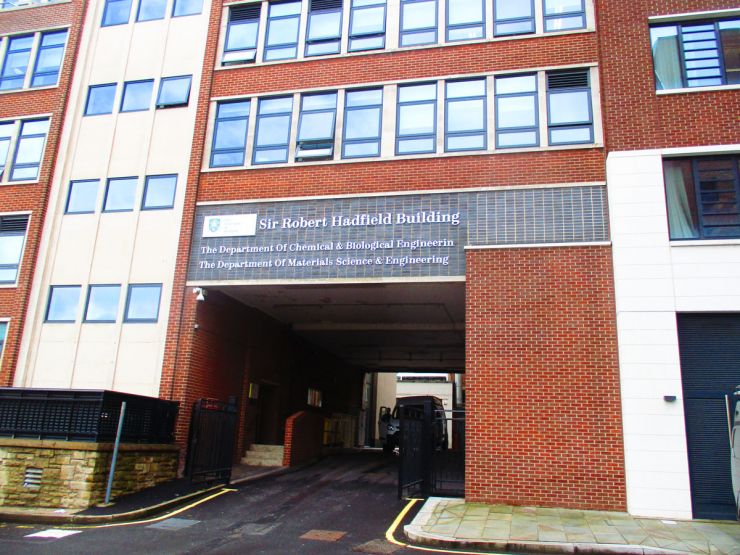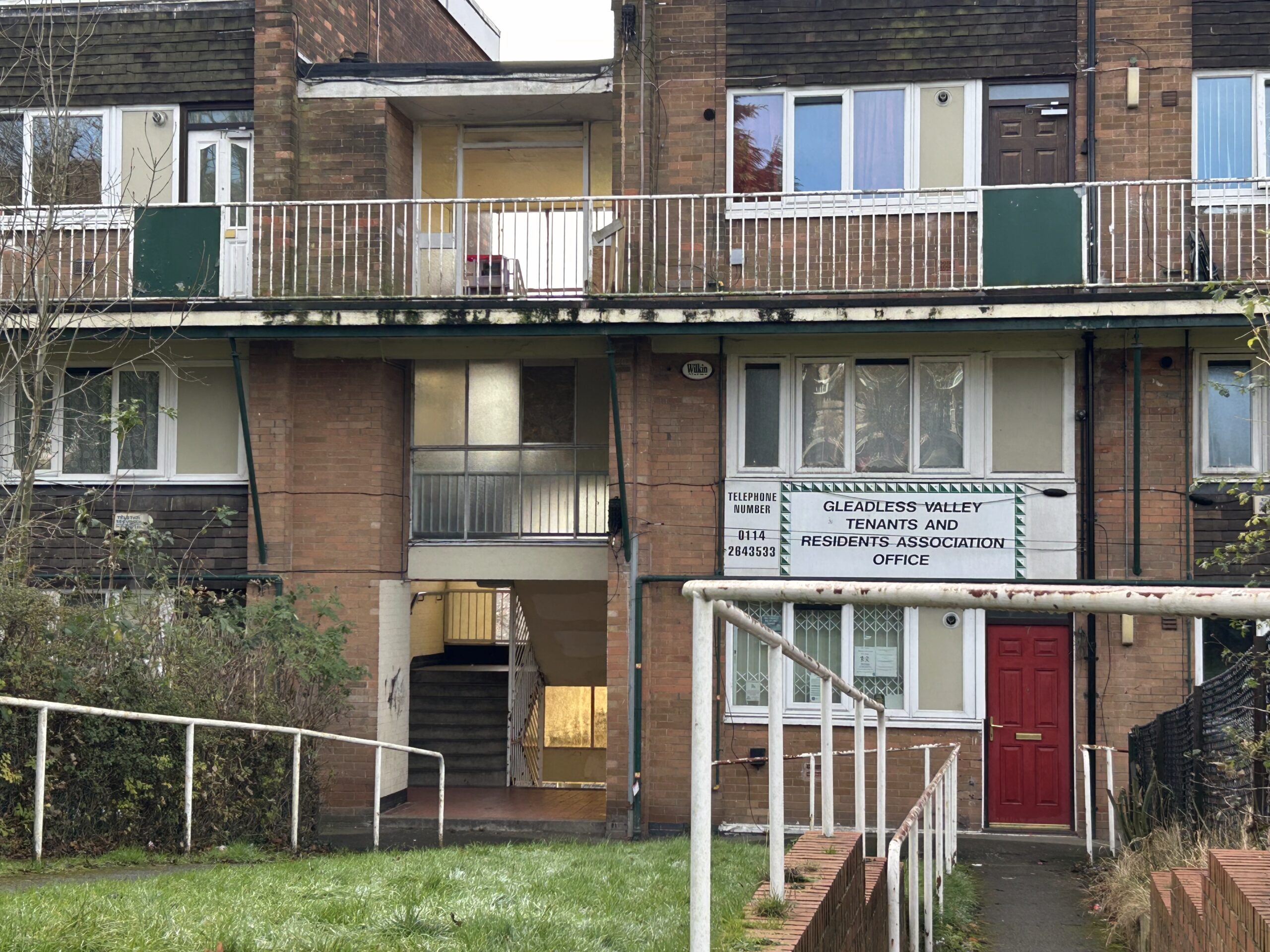A governmental report this week has stated that women often wait longer to be diagnosed and treated for reproductive health issues, and that their conditions are not understood as well.
The report, from the Women and Equalities committee, was on medical misogyny and stated that women are often dismissed when in pain, and their conditions normalised.
According to the NHS website, the average waiting time in Sheffield for an appointment in the gynaecology department is 17 weeks, and then a further 21 weeks wait for treatment. In October 2024, there were 6,817 people waiting to begin gynaecological treatment in Sheffield.
The national average waiting time is between 10.4 and 22.5 weeks, putting Sheffield at the higher end.
Dr Rebecca Mawson is a GP from Sheffield, as well as being a NIHR Clinical Lecturer in Primary Medical Care at the University of Sheffield. Her research focuses on inequalities in reproductive health treatment.
When discussing medical misogyny, Dr Mawson spoke of a lack of funding around reproductive health care in general. Even though one in three women will have a gynaecological health issue at some point in their life, less than 2.5% of funded research is dedicated to reproductive health.
Dr Mawson also discussed the issues within medical education, saying that not enough is known about the female body.
She said: “Medical training is based on the human body being the male body, with women as a subtype which gets discussed under gynaecology sections. But we don’t talk about how the biologically female body differs from the male, especially in terms of the immune system.”

Eleanor Thom is an author from Sheffield, she suffers from endometriosis, saying the illness cost her “my career as a comedian, relationships, fertility, financial stability and so many years.”
When asked about medical misogyny, Ms Thom said:
“I think medical misogyny is real and systemic. There are lots of factors I think; money, who priorities what, access to more training and skills, and often an awareness that it even needs to change or that there is a problem. This isn’t a new problem, conditions like endometriosis have been systemically underfunded and ignored for decades now.”
Healthcare workers and women suffering from these conditions are hoping that the report will shed light on their experiences and eventually improve treatment and cut diagnosis time down.




